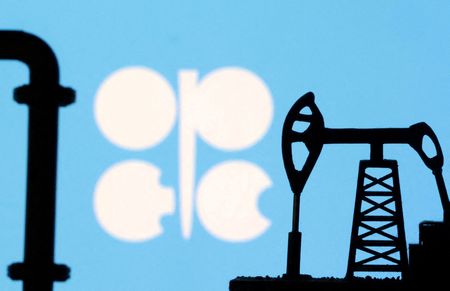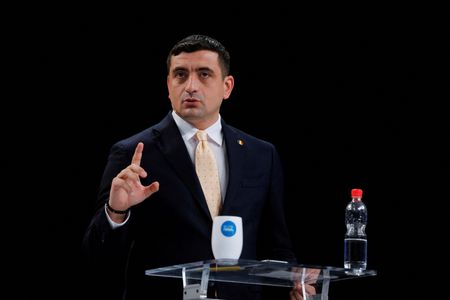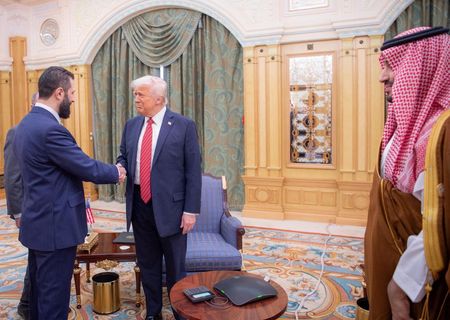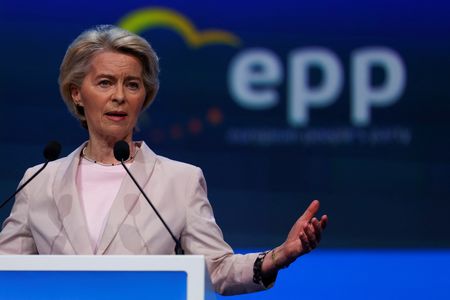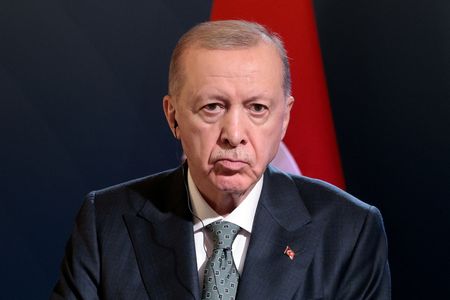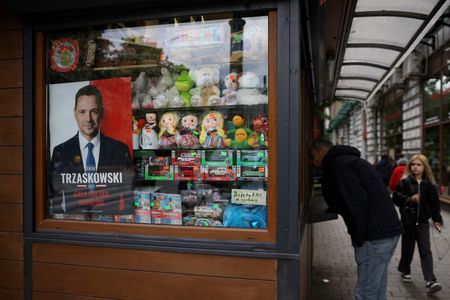By Ozan Ergenay and Marta Frackowiak
(Reuters) -German chemicals distributor Brenntag flagged U.S. tariff uncertainties but said it remained “fundamentally positive” for its North America business, after it posted quarterly core profit below expectations on Wednesday.
“Currently, caution prevails among our customers; no one will really expose themselves by deliberately building up stocks now, because it is actually unclear how the situation will be resolved,” CEO Christian Kohlpaintner said on a conference call.
U.S. President Donald Trump’s sweeping tariffs, uncertainty over his trade policies and China’s retaliation had sent global markets into a tailspin and stoked fears of a global recession.
However, the United States and China agreed to temporarily slash reciprocal tariffs earlier this week, lifting investor sentiment while businesses awaited more clarity.
Kohlpainter said 90-day tariff moratoriums, as good as they may seem at first glance, do not really help to create clarity and ultimate security.
Last week, the European Commission proposed countermeasures on up to 95 billion euros of U.S. imports if negotiations with Washington fail to remove the series of tariffs applied by Trump.
“I remain fundamentally positive about the American market, as long as these tariff discussions hopefully lead to a sensible solution,” Kohlpaintner said.
Brenntag’s shares fell 4.1% as of 0935 GMT, sitting at the bottom of Germany’s blue-chip index. They are up about 3.2% year-to-date.
Earlier in the day, the company reported operating earnings before interest, taxes and amortisation (EBITA) of 264.3 million euros ($295.75 million) for the first quarter, up from 259.7 million a year earlier.
Analysts had forecast 275.9 million euros profit, according to a poll by Vara Research.
There was a noticeable decline in North American business in March that impacted the company’s performance, Kohlpaintner said.
Brenntag now expects annual core profit to come in at the lower end of its forecast range of 1.1 billion euros to 1.3 billion euros, while analysts expect 1.17 billion euros, a poll by Vara Research showed.
($1 = 0.8937 euros)
(Reporting by Ozan Ergenay and Marta Frackowiak in Gdansk; Editing by Eileen Soreng)

